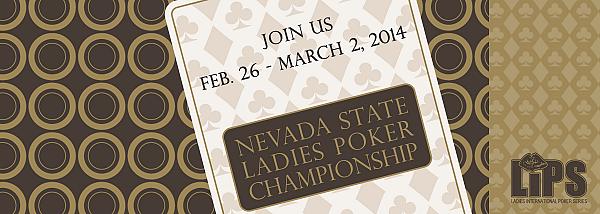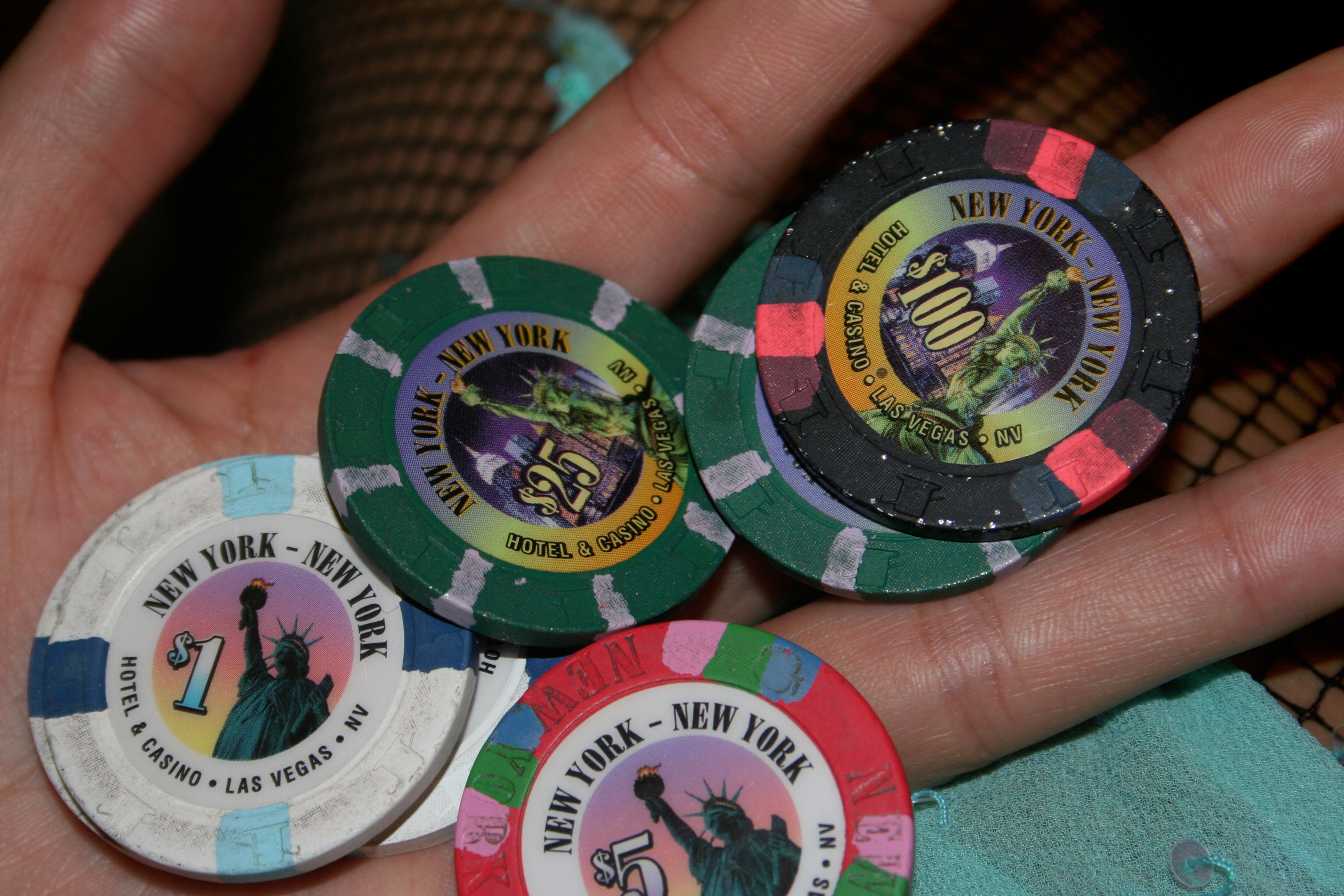Casino Employee Who Swaps Money For Chips
Gambling has become one of the most favorite pastimes of people from all over the world. Today people not only visit casinos to play games like poker or blackjack, but also play these games online and even at home with their friends. There are several types of chips which are available in the market today for players. However, those who are interested in purchasing casino grade chips will have to be a little careful about the chips values.
Casino Employee Who Swaps Money For Chips Doubledown Casino
How To Launder Money Like a Chinese Billionaire In China, crooks don't have to go to the casino because intermediaries called 'junkets' will swap Yuan for gambling chips that can be cashed into. And after living here for a long time, we can tell you that casino chips of $100 or less are just as good as cash and are used as such on occasion outside the casino. Also, casino chips have been collectibles for decades; a major chip-collectors club meets every year in Las Vegas to buy, sell, and trade them.
Home play chips are available in different price ranges depending on the material chips are made and the designs of the chips. These chips can be used not just for poker but for other games like blackjack too. The points given below will help to determine what chips to choose.

What chips to purchase
Chips are available in plenty of different designs and are made with different types of materials like plastic, clay, ceramic and clay composite. What chips to purchase will depend on the personal preference of the buyer. The value of the chips would depend on the material with which it is manufactured. For example, plastic chips are not such expensive as those made from pure clay are the costliest chips.
The feel of the chips
Choosing chips should also depend on the feel of the chips itself. Chips made from different materials have a different feel. For example, plastic chips will feel and look a little unprofessional and crude especialy when they are not manufactured with proper designs while clay composite chips look and feel professional even while holding them. The sound of the chips itself when placed on the table is considered to be an important factor which determines the value of the chips. Casino chips, which are usually made of composite chips, have a unique sound that is why they are costlier than the plastic chips.
The design
One of the most important factors which determine the value of the chips is the design itself. Chips are available in plenty of different designs from the plain colored chips which are usually seen in home poker chips set to the intricately designs which are usually seen in casinos. The more intricate the design of the chips is, the more costly it will be.
Also, several manufacturers often introduce limited edition poker chips for collectors. These chips will be very expensive and also worth their cost since they would be made from the best material with aesthetically pleasing design. The value of the chips is usually based on:
- the material used for the chips,
- the weight of the chips,
- the design of the chips
- the rarity value of the chips itself.
While the standard mass produced chips are perfectly fine for home play, collectors prefer the rare and valuable chips with intricate designs. The cost of the chips will also depend on the manufacturer producing them. There are several manufacturers who are known as the pioneers in the business and produce classic chips for casinos as well as home play. Generally the chips sold by them would be quite expensive but they are equally valuable since they are known for their superior quality.
There are times when it is profitable to team up with others and even lend money back and forth for specific plays. In fact, some high-value plays must have teammates or partners working together in order to extract the most EV. I have found the vast majority of advantage players to be extremely honest and scrupulous in their dealings with others. But there can be bad apples in any barrel. Here are some things to watch out for before getting involved financially with another player. I hope others will add to the list, or post reports, good or bad, about their financial interactions with other players.
Casino Employee Who Swaps Money For Chips Without
First and foremost is to check the references of the player requesting money or teaming. President Reagan famously said, 'Trust but verify'. It is great advice. If the other player cannot or will not supply reasonably recent references that you can personally verify, you should probably politely pass on the offered deal. If you are given references, carefully check them out. Do not just assume that someone dropping the names of well-known and respected members of the AP community has actually had positive experiences with those people.
When checking references, if you receive anything less than an unqualified endorsement, be careful. For a variety of reasons, people sometimes do not want to report bad dealings. They may still be hoping to recover money lost. There may be complex interrelationships involving third parties or teams, or other factors. A good rule of thumb is that anything less than an unqualified verification of positive experiences should raise a red flag. In the absence of overwhelming contrary reports, a bad reference is a strong indicator that you, too, will have a bad experience.
The old saying, 'If it sounds too good to be true, it probably is' applies. Does the offer make good business sense? Being offered a freeroll if you put up the money for someone else's play is one that comes to mind. An approach that has been used on the unwary is, 'I'll 'give' you x% of the winnings, with no risk of losses'. Ask the offerer of such a seemingly good deal why he needs you at all. There are times this is a perfectly legitimate situation, but often it means the player asking for the money is underbankrolled for the play(s) being made. If the play loses, you may have difficulty in timely recovering your money.

If forming or joining a team, absolute trust in your teammates is the single most important factor. Avoid misunderstandings by having everything in writing; emails confirming the arrangements should suffice. In a first-time situation with another player, ask to see the money supposedly being put up. Do not accept, 'If we lose, I'll put in the money'. It might not be there. Even if you see it, of course there is still risk as in any joint venture. But if you don't see it at the start, the risk of the other party defaulting is probably greater.
If money is lent outright, be sure the repayment ability or terms are not contingent on some other occurrence over which neither you nor your debtor have control. Unless you are willing to accept the possibility of long delays in repayment, do not accept, 'I'll repay you when I collect money from (whatever source: Other player, lawsuit proceeds, etc.)'. There may be times when such an arrangement is perfectly reasonable, but be sure you know before you hand over money. Ask yourself if the proposed deal makes sense. Ask yourself why the request is being made. If it doesn't pass the 'smell test', politely pass on it.
There are poker players who sell more 'pieces of themselves' in a tournament than there really are pieces; in other words, they sell off more than 100%. This is essentially fraud, as the player is better off intentionally losing and keeping everyone's money, rather than winning and owing more than he receives. Over the years, a few in the non-poker AP community have done similar things. It is rare, but it happens. Again, trust but verify. Don't hesitate to ask questions. If the person requesting money or teaming is evasive, beware.
This post is not meant to discourage getting involved in team plays, joint bankrolls, etc. As mentioned, some of the highest-value plays require such arrangements. But take the time to be sure you are not being taken advantage of. If there is a default in paying what is owed, in most cases you should NOT put in more money to try to regain what has been lost or delayed. Cut your losses; chalk it up to experience, and scratch that person from the list of people you trust. Again, the vast majority of advantage players are extremely honest and scrupulous. Watch out for the few who aren't.


Caveat emptor!
Related articles:
https://bj21.com/category/advantage-play/pages/team-partner-blackjack-play